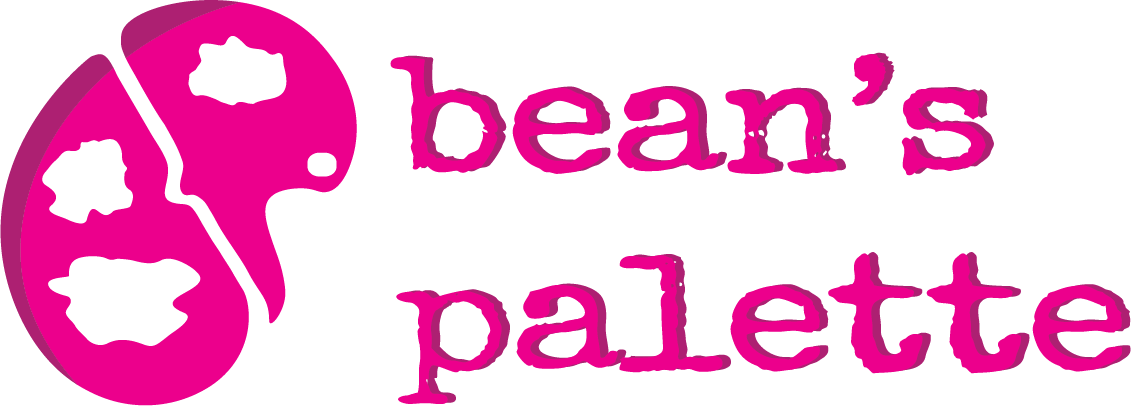Lo and behold, why would I not expect to be faced with the ideology of white nationalism my first year at a PWI? Truthfully, at this time, I could care less. My focus was nowhere near spreading awareness in the community I was now to be a part of—whether it be speaking out or sharing knowledge on how systemic racism is still prevalent. As a young Afro-American male, that’s a challenge that the majority of my teammates or peers will likely never have to face. Not to belittle their own trials and tribulations, whether they stem from socioeconomic status or mental health, but I feel that, when it comes to racism—especially systemic racism—there are no true outlets for assistance.
The subject matter on the syllabus was touchy. Who was I to consult about my concerns regarding the popcorn reading of this absurd and derogatory text? I wondered if my white counterparts felt the frog in my throat as the professor read aloud the words that horribly depicted Africans as “savages” and “dogs.” A feeling that is often unbeknownst to many. Perhaps a quick thought crossed my mind about how I might feel, but it was gone in the wind, like a meager breeze.
Nevertheless, I failed the class, and little to no effort was put in on my part. As a professor, I hope he can take accountability for ensuring comfort in his classroom—though that was likely little to none. Sure, I could have sucked it up and written from the perspective he yearned for, but that’s not my cup of tea. Still, I overcame that hurdle. It showed me that I had my work cut out for me here, and like Dorothy, I was no longer in Kansas.
That is just one experience, which may seem small to you, but for someone who wasn’t there at the time, the impact of those very words lingers years later. I may not have to resonate with it personally, but it aligns with the sad reality that, due to the color of my skin, discrimination is inevitable—something I have no control over.
“But slavery was so long ago…”
A condescending remark I fear too many resonate with. Perhaps they truly believe that, with whatever Western education they possess, slavery is a thing of the past. They seem to forget about the implementation of the 13th Amendment, Jim Crow laws, the Civil Rights Act, and many other struggles and laws that followed. Sure, slavery was abolished years ago, but significant change wasn’t seen until decades later—or perhaps not at all.
Even now, remnants of that history are rooted in this so-called “Great Nation.”
A guy named Charlie Kirk once stated, “If I see a Black pilot, I’m going to be like, boy, I hope he’s qualified.” Given that in the U.S., Black pilots make up less than 10% of the workforce, I would personally feel extremely confident. Especially knowing they must have successfully passed pilot school, obtained the necessary certifications, and logged at least 250 hours before getting their job. The color of their skin would not factor into any preconceived notions about my safety or their qualifications.
That comment epitomizes the systemic racism I am forced to endure—and that minorities face daily. The tone may not have physically hurt anyone, but I can’t help but ask myself: what have I or my people done to deserve this demoralizing banter? All to perhaps validate rhetoric that clearly stems from systemic racism and the oppression of minorities.
I understand that people have different beliefs and ideologies. But why is there a need to point out individual differences, flaws, or perceived shortcomings as a prominent topic when you can only speak from your own experiences?
The core of Critical Race Theory states that systemic racism is embedded in the fabric of the United States. It runs so deep within the infrastructure that individuals are conditioned to hold biases based on key differences in socioeconomic backgrounds. We are human, after all. The desire to fit into society and conform to societal norms is often disregarded in these conversations. But why is that the norm? Who really benefits from systemic racism—or racism in general?
If I could go back, I would approach certain topics differently and educate my peers and teammates more about social injustice in the U.S. and on campus. Most likely, their prior social settings and experiences before college were sheltered. If a school isn’t making strides toward equity, diversity, and inclusion, your chances of learning about these issues at home—during those crucial early developmental years—are low. The same applies to exposure to different ethnic backgrounds and cultures.
I’m not coming from a standpoint of animosity toward the majority—but I am disheartened to see that, in these confusing times, we as a people—my peers—still hold oppressive views toward one another. If you do, why? Does it give you some sense of satisfaction or pleasure?
Facing systemic racism as a young Black man at a predominantly white institution, I often felt like an outsider navigating a society deeply rooted in bias. One classroom experience with derogatory texts and dismissive attitudes taught me that, despite progress, remnants of oppression still influence perceptions and opportunities. These moments remind me that discrimination is often systemic and ingrained—something I cannot easily escape, but must confront with awareness and resilience.


Leave a Reply